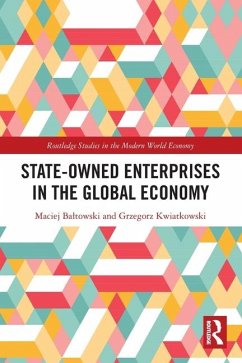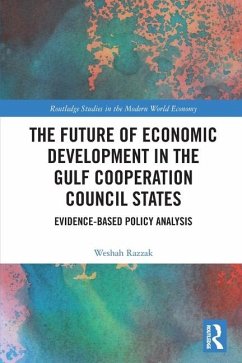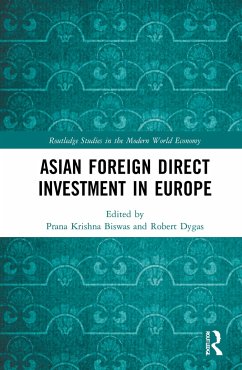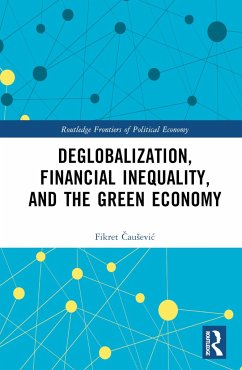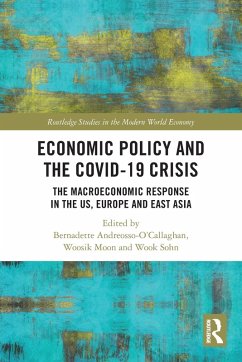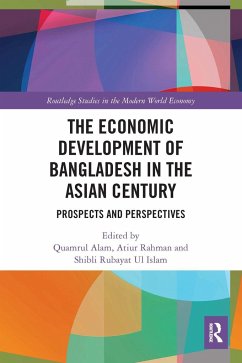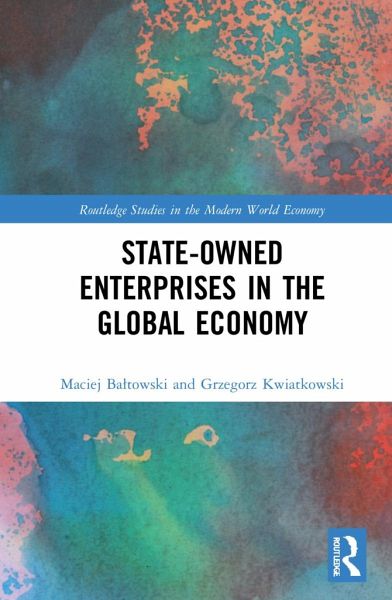
State-Owned Enterprises in the Global Economy
Versandkostenfrei!
Versandfertig in 6-10 Tagen
154,99 €
inkl. MwSt.
Weitere Ausgaben:

PAYBACK Punkte
77 °P sammeln!
State-owned enterprises (SOEs) combine economic activities resulting from their position on the market with non-economic functions determined by the state owner. In many of the world's major economies, SOEs play an important role, and in some, such as China, India, Russia and Brazil, they are outright dominant. At the same time, the existence of SOEs is largely ignored by economic theory and the current figures on SOEs on a global scale available in the literature are questionable in terms of their methodological validity and thus they do not allow for a proper cross-country analysis. This boo...
State-owned enterprises (SOEs) combine economic activities resulting from their position on the market with non-economic functions determined by the state owner. In many of the world's major economies, SOEs play an important role, and in some, such as China, India, Russia and Brazil, they are outright dominant. At the same time, the existence of SOEs is largely ignored by economic theory and the current figures on SOEs on a global scale available in the literature are questionable in terms of their methodological validity and thus they do not allow for a proper cross-country analysis. This book fills this research gap.
It focuses on the scope and importance of SOEs in a broad group of the largest economies, primarily on a variety of quantitative estimates. It contains the results of an extensive and unique empirical study of 37 of the world's largest economies over the period from 2009 to 2018. The findings showed that the average share of SOEs - measured by operatingrevenues and total assets - in the group of the largest 100 enterprises (Top 100) of a given country is nearly 30%, while in the Top 20 group it is even slightly higher. The authors present an econometric analysis showing the relationship between the scope of SOEs and the various economic and non-economic characteristics of the studied set of countries. The book also contains an in-depth discussion of selected key issues, such as the functions of SOEs in various types of economies, the role of SOEs in capital markets and the phenomenon of SOEs with foreign capital.
This work is addressed to both academic economists, dealing with macroeconomics and economic policy, as well as researchers and analysts from various international organizations and think-tanks.
It focuses on the scope and importance of SOEs in a broad group of the largest economies, primarily on a variety of quantitative estimates. It contains the results of an extensive and unique empirical study of 37 of the world's largest economies over the period from 2009 to 2018. The findings showed that the average share of SOEs - measured by operatingrevenues and total assets - in the group of the largest 100 enterprises (Top 100) of a given country is nearly 30%, while in the Top 20 group it is even slightly higher. The authors present an econometric analysis showing the relationship between the scope of SOEs and the various economic and non-economic characteristics of the studied set of countries. The book also contains an in-depth discussion of selected key issues, such as the functions of SOEs in various types of economies, the role of SOEs in capital markets and the phenomenon of SOEs with foreign capital.
This work is addressed to both academic economists, dealing with macroeconomics and economic policy, as well as researchers and analysts from various international organizations and think-tanks.




